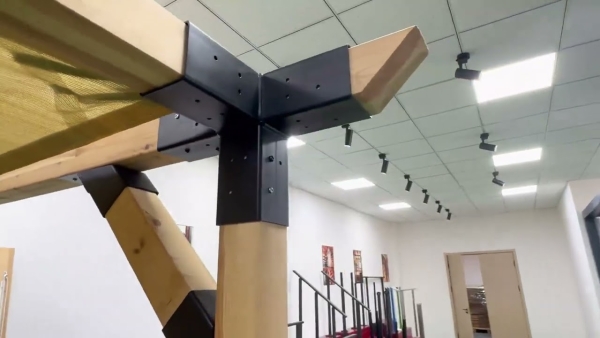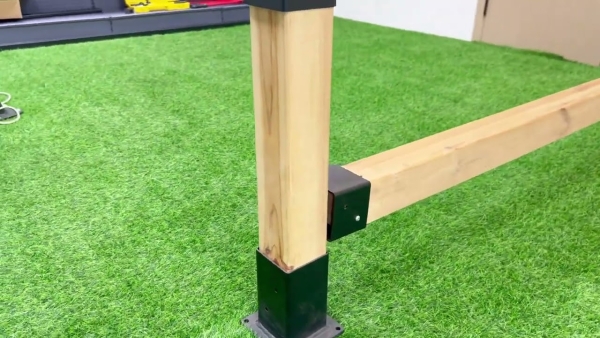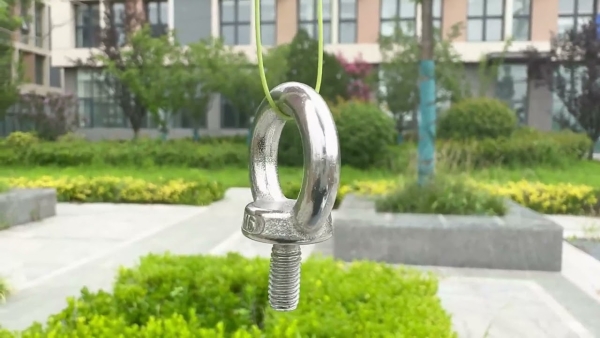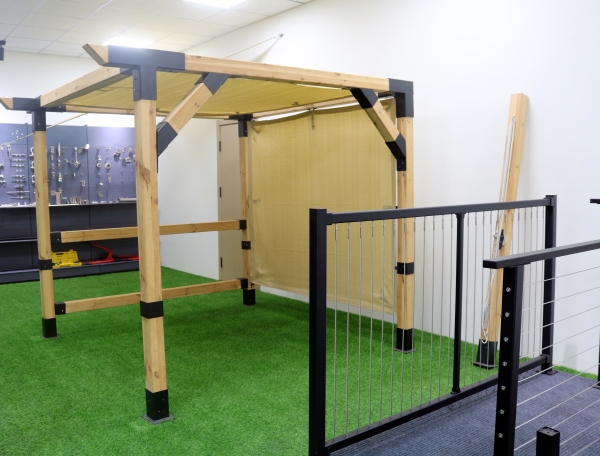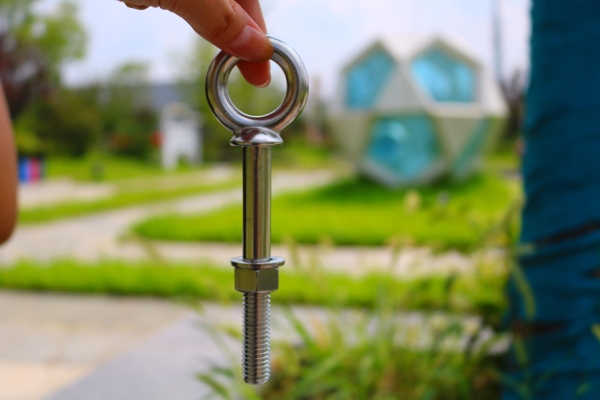Table of Contents
Popular Types of Timber for Pergolas
When it comes to building a pergola, one of the most important decisions to make is the type of timber to use. Timber is a popular choice for pergolas due to its natural beauty, durability, and versatility. There are many different types of timber available, each with its own unique characteristics and benefits. In this article, we will explore some of the most popular types of timber used for pergolas.
One of the most popular types of timber for pergolas is cedar. Cedar is a durable and weather-resistant wood that is known for its natural beauty and rich color. It is also resistant to rot and insect damage, making it an ideal choice for outdoor structures like pergolas. Cedar is relatively lightweight, making it easy to work with, and it has a natural resistance to warping and splitting. Cedar is also a sustainable choice, as it is a renewable resource that is grown and harvested in a responsible manner.
Another popular choice for pergola timber is redwood. Redwood is a durable and long-lasting wood that is known for its rich color and natural beauty. It is also resistant to rot and insect damage, making it an ideal choice for outdoor structures like pergolas. Redwood is relatively lightweight and easy to work with, and it has a natural resistance to warping and splitting. Redwood is also a sustainable choice, as it is a renewable resource that is grown and harvested in a responsible manner.
One of the most popular types of timber for pergolas is pressure-treated pine. Pressure-treated pine is a cost-effective option that is treated with chemicals to increase its durability and resistance to rot and insect damage. While pressure-treated pine is not as naturally beautiful as cedar or redwood, it is a practical choice for those on a budget. Pressure-treated pine is relatively lightweight and easy to work with, making it a popular choice for DIY pergola projects.
Another popular choice for pergola timber is Douglas fir. Douglas fir is a strong and durable wood that is known for its straight grain and uniform texture. It is also resistant to rot and insect damage, making it an ideal choice for outdoor structures like pergolas. Douglas fir is relatively lightweight and easy to work with, and it has a natural resistance to warping and splitting. Douglas fir is a sustainable choice, as it is a renewable resource that is grown and harvested in a responsible manner.
In conclusion, there are many different types of timber available for building pergolas, each with its own unique characteristics and benefits. Cedar, redwood, pressure-treated pine, and Douglas fir are just a few of the popular choices for pergola timber. When choosing timber for your pergola, it is important to consider factors such as durability, resistance to rot and insect damage, natural beauty, and sustainability. By selecting the right type of timber for your pergola, you can create a beautiful and long-lasting outdoor structure that will enhance your outdoor living space for years to come.
Unique and Uncommon Timber Options for Pergolas
When it comes to building a pergola, the choice of timber is crucial in determining the overall look and durability of the structure. While popular options like cedar, redwood, and pressure-treated pine are commonly used, there are also a variety of unique and uncommon timber options that can add a distinctive touch to your pergola.
One such option is black locust, a dense and durable hardwood that is resistant to rot and decay. Black locust is known for its strength and longevity, making it an excellent choice for outdoor structures like pergolas. Its natural resistance to insects and decay means that it requires minimal maintenance and can last for decades without needing to be replaced.
Another uncommon timber option for pergolas is ipe, also known as Brazilian walnut. Ipe is a dense and durable hardwood that is highly resistant to rot, decay, and insect damage. It is also one of the hardest woods available, making it an excellent choice for outdoor structures that need to withstand harsh weather conditions. While ipe is more expensive than other timber options, its durability and longevity make it a worthwhile investment for a pergola that will last for years to come.
For those looking for a more sustainable timber option, bamboo is an excellent choice for pergolas. Bamboo is a fast-growing grass that is renewable and eco-friendly. It is also incredibly strong and durable, making it a suitable alternative to traditional hardwoods. Bamboo can be treated to increase its resistance to rot and decay, making it a practical choice for outdoor structures like pergolas.
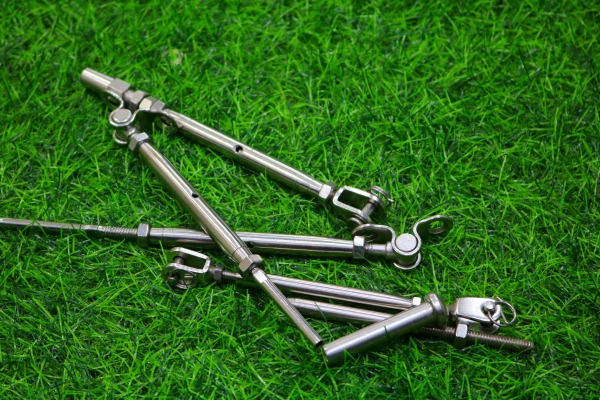
One of the most unique timber options for pergolas is red balau, a tropical hardwood that is known for its rich color and natural beauty. Red balau is highly resistant to rot, decay, and insect damage, making it an excellent choice for outdoor structures that are exposed to the elements. Its deep red color adds a touch of elegance to any pergola, making it a popular choice for those looking to create a visually striking outdoor space.
When choosing a timber for your pergola, it is important to consider not only the aesthetic appeal but also the durability and maintenance requirements of the wood. Unique and uncommon timber options like black locust, ipe, bamboo, and red balau offer a range of benefits that can enhance the look and longevity of your pergola. By exploring these different timber names, you can find the perfect option to create a stunning and long-lasting outdoor structure that will be enjoyed for years to come.

